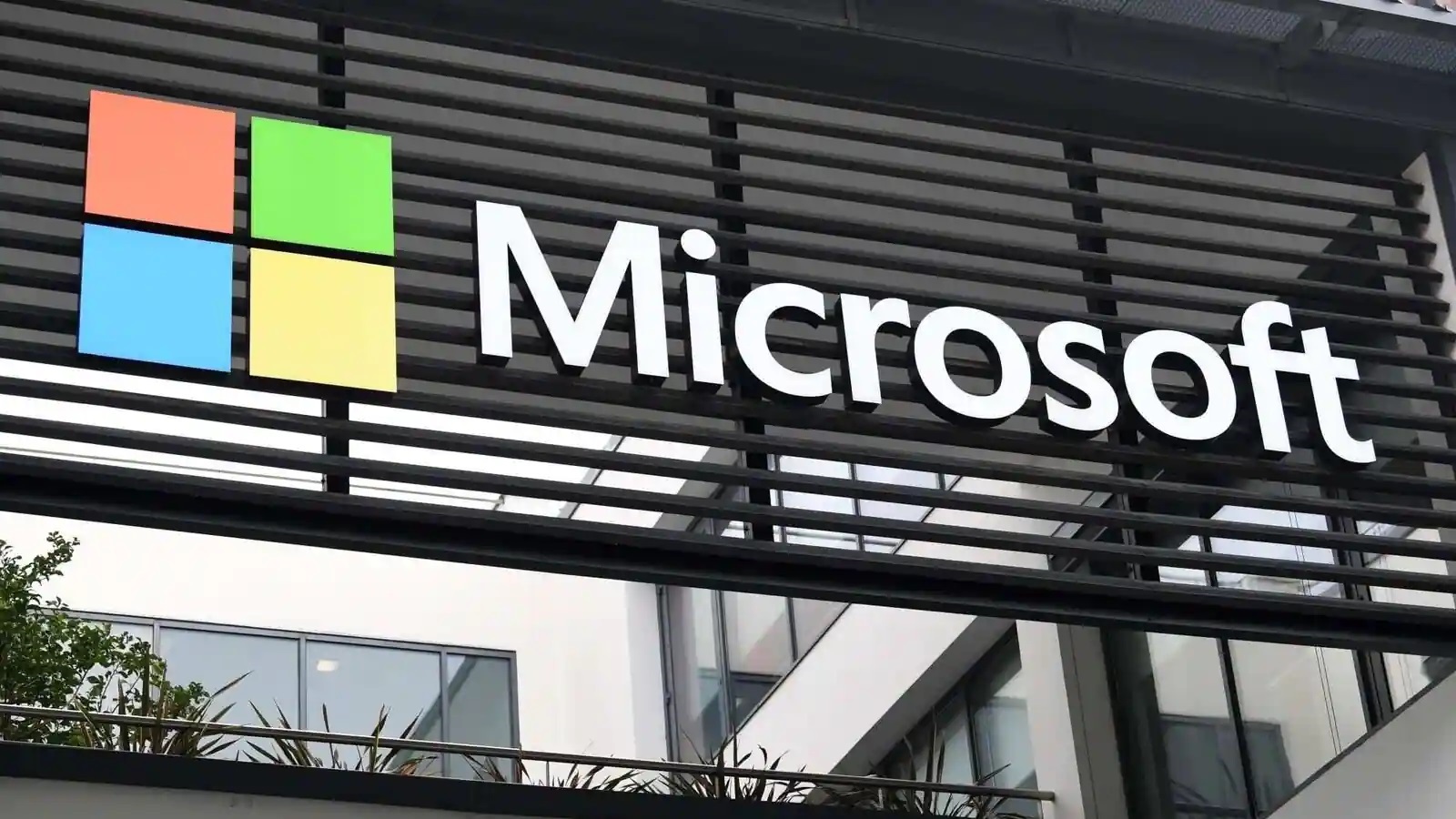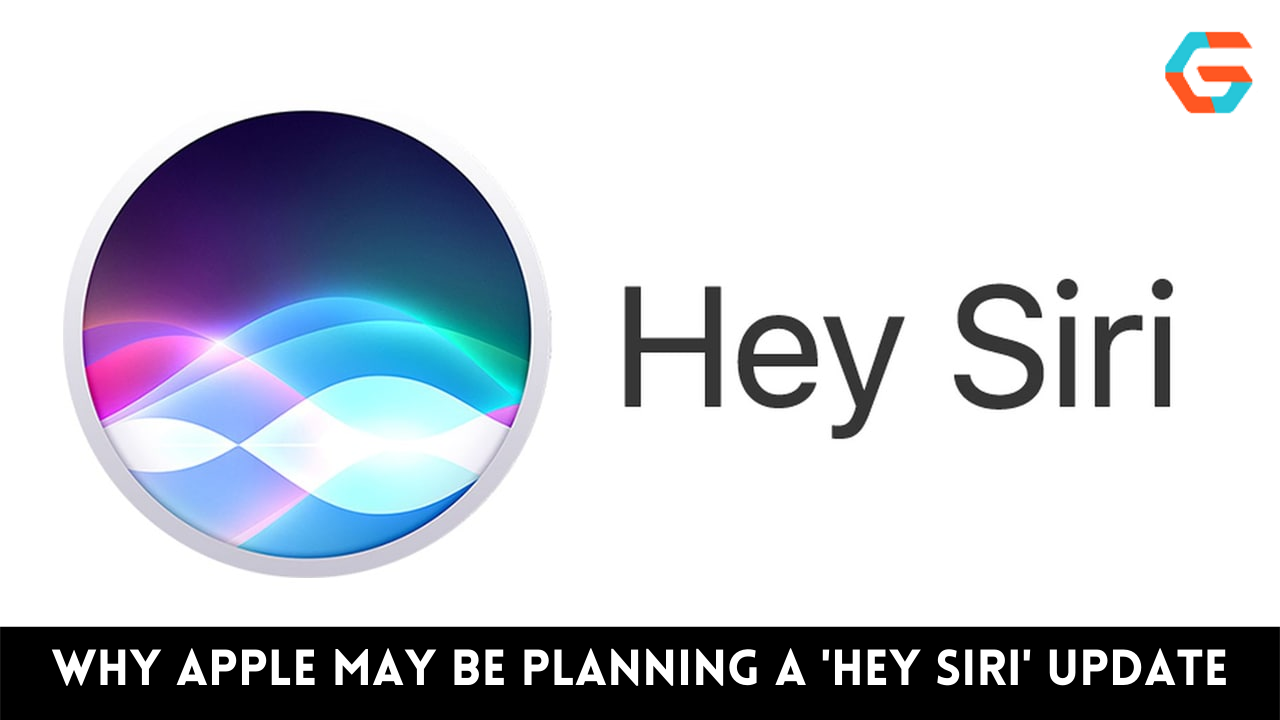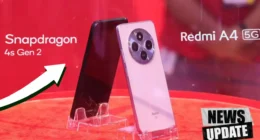This week, Microsoft showed its vision for artificial intelligence and next-generation search capabilities to a select group of media, creators, and analysts. One of the highlights was a sneak peek at the upcoming Bing browser update, which will use OpenAI’s CPT-3.5 model to provide a more personalised and imaginative search experience for users.
Microsoft CEO Satya Nadella has stated that the updates represent a “paradigm shift” in the field of search. Rather, “a new race begins today,” he emphasised. I agree with Nadella: On Monday, Google announced the release of Bard, a competing chatbot that will not initially be integrated into Google Search.
Some early testers will have access to a more robust version of the AI-enhanced Bing in order to gather feedback, but Microsoft executives said today would see the release of a limited version of the service. The company is currently soliciting signups for a more extensive rollout scheduled for the next few weeks.
Also Read: Microsoft adds an accessibility feature to PowerPoint for people with hearing loss
How does ChatGPT relate to querying the web?

In recent weeks, ChatGPT has exploded in popularity, with users ranging from A-list celebrities and musicians to script writers and university students demonstrating the technology’s capacity to inspire original content (in the form of short stories, articles, research papers, etc.) from responses to predetermined prompts. In fact, my Wainhouse Research colleague Sean Spradling used this very technology to talk about some news regarding Microsoft Teams.
Microsoft sees integrating ChatGPT into a web browser as a step towards their vision of a generative AI-driven future of search. Microsoft claims that the new Bing will be able to find and summarise answers to more complex questions, in addition to providing more relevant results for simple ones. Users can zero in on their specific needs thanks to a search bar that adapts to their input.
Also Read: Microsoft Outlook email experiences outage
Future of Online Digital Experience Is Changing Thanks to OpenAI and ChatGPT

According to Microsoft, the new Bing variant will make use of an advanced OpenAI large language model designed specifically to improve search results, making it more effective than the ChatGPT that is currently in use by the general public.
The new OpenAI model improves upon the original by incorporating lessons learned from ChatGPT and GPT-3.5. Microsoft’s “Prometheus Model,” an improvement to Bing’s search capabilities, will yield more relevant and targeted results and add an extra layer of security. Concerns about the ethics and safety of AI use are addressed by the Prometheus model’s multiple safeguards.
Microsoft asserts that the search results are more relevant than they have been in the past 20 years because the AI model was integrated into the core search algorithm. Since it encompasses conversation, content production, and search, the company thinks it will usher in an entirely new way of “interacting” with the web.
Also Read: Microsoft Schedules Mystery Event for Tuesday as Company Accelerates AI Investments
What We Learned About Bing, ChatGPT, and the Future of Search
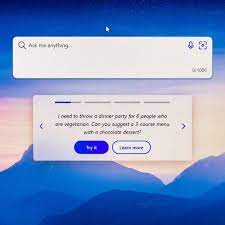
The way we look for things hasn’t changed much in the past two decades. Google’s dominant market position has meant that the company has few incentives to make major changes. Searchers typically try different queries if they don’t get the results they want, but that’s about to change.
Artificial intelligence is the wave of the future. As Bing currently holds less than 10% of the global search market, it is clear that Microsoft is looking to dominate the next generation of search with the help of OpenAI. Microsoft could stand to gain from any tweak, no matter how minor. In fact, during a recent investor conference call, Microsoft revealed that a share of just 1% of the market generates an average annual revenue of $2 billion. An increase of 10% in the company’s market share would result in a windfall of over $20 billion for the business, which is a sum that would undoubtedly please the company’s stockholders.
Also Read: Microsoft: You get ads! You get ads! You get ads!
Market Share Projections and the Future of Search
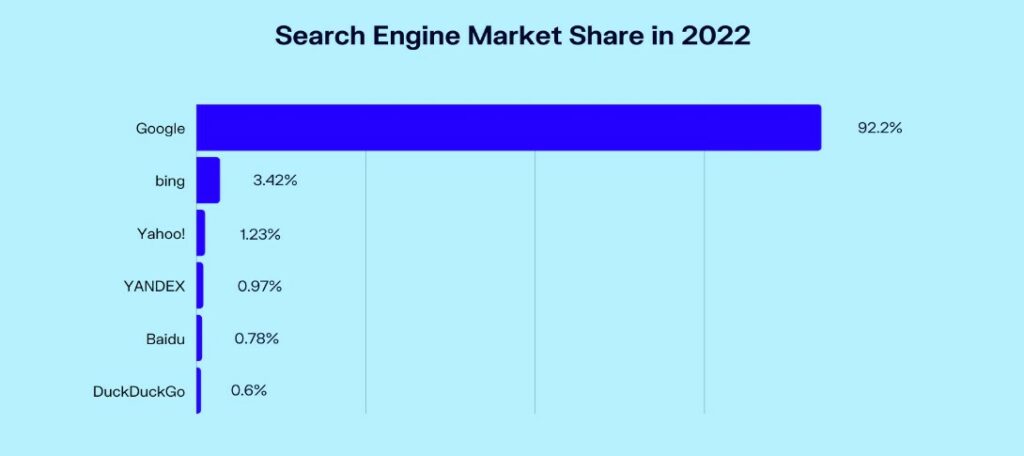
While I do think Bing will make some headway, I don’t expect it to quickly displace Google. Another example of an innovator that was briefly dethroned but ultimately will not be replaced due to its pervasive presence in the search community. The total addressable market (TAM) has expanded as a result of Facebook’s and Amazon’s search engine updates, and new use cases have appeared as a result of these updates.
Microsoft has met this challenge head on and made an impact that will have long-lasting repercussions for the way we conduct online searches. It will be interesting to see how Google reacts to the increasing competition, and how this news affects Microsoft’s upcoming financial results and investor sentiment. According to what I’ve learned as an analyst, this is fantastic for customers and signals the beginning of a new era of innovation that will affect how we all use the internet in the years to come.
Also Read: The New ‘Ghostwriter’ Third-Party Add-In for Microsoft Word Integrates ChatGPT.
